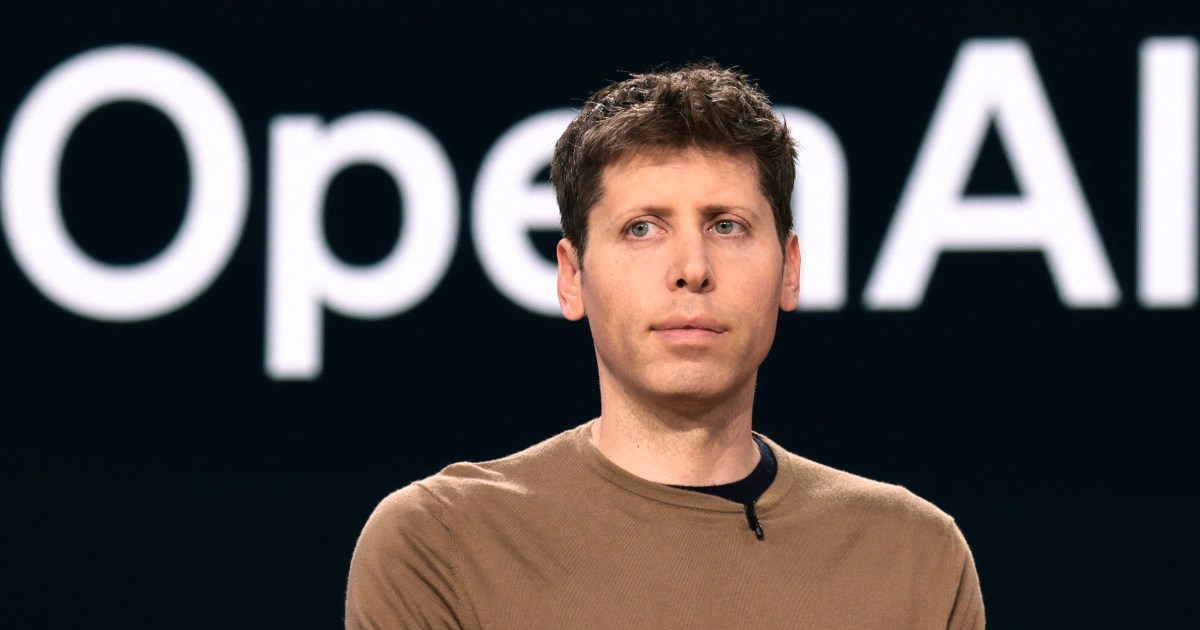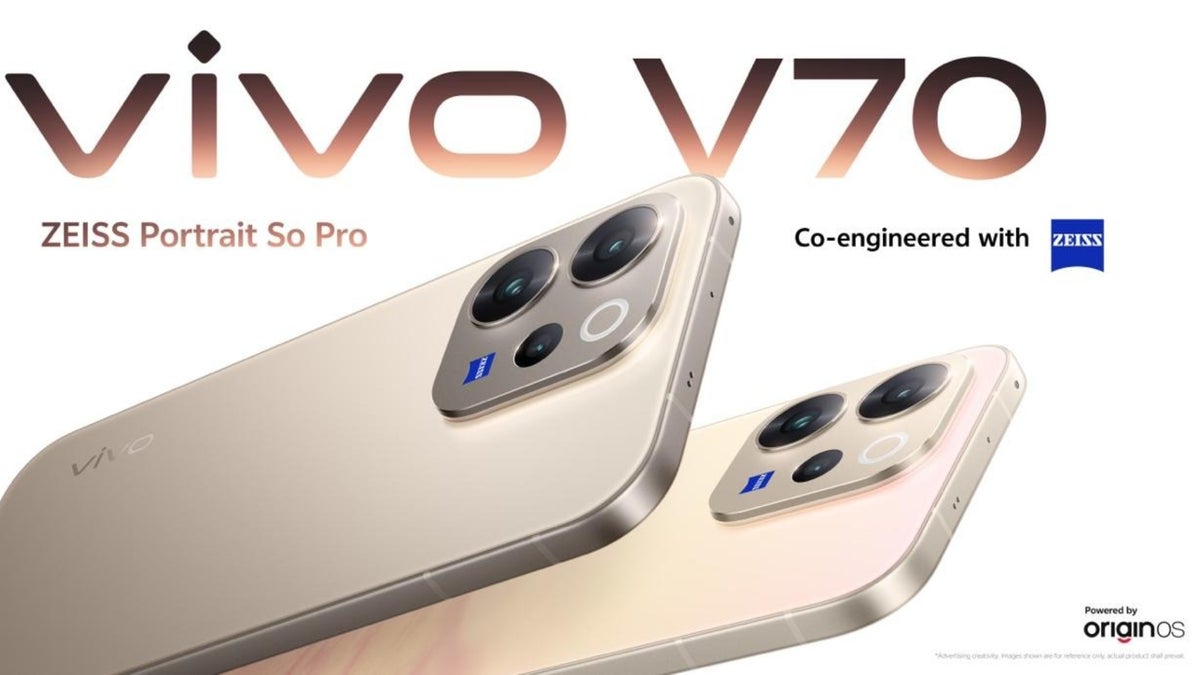AMD and OpenAI Forge Groundbreaking Partnership

AMD and OpenAI Forge Groundbreaking Partnership
Advanced Micro Devices (AMD) has announced a strategic alliance with artificial intelligence leader OpenAI, triggering a significant surge in AMD stock. This partnership involves OpenAI committing to purchase up to six gigawatts of AMD’s Instinct GPUs across multiple hardware generations, beginning with the MI450 series in late 2026. The deal’s potential value is estimated at $90 billion, reflecting the immense scale of AI infrastructure demand driving AMD’s growth.
Beyond a Supply Agreement
This collaboration is more than a traditional supplier-customer relationship. AMD has granted OpenAI warrants to acquire up to 160 million AMD shares at a nominal price, aligning the chipmaker’s valuation closely with OpenAI’s expanding AI infrastructure. This innovative financial structure transforms hardware sales into a strategic equity partnership, signaling AMD’s confidence in the AI market’s long-term potential.
Market Impact and Future Outlook
Following the announcement, AMD’s stock soared over 30%, showcasing investor enthusiasm for the company’s AI ambitions. The deal positions AMD to accelerate its AI revenue growth, potentially reaching $10 billion annually sooner than anticipated, underscoring its critical role in powering next-generation AI technologies.
About the Organizations Mentioned
Advanced Micro Devices (AMD)
Advanced Micro Devices (AMD) is a leading American multinational semiconductor and technology company, headquartered in Santa Clara, California, with major operations in Austin, Texas. Founded in 1969 by Jerry Sanders and a group of former Fairchild Semiconductor employees, AMD began as a maker of memory chips and later entered the microprocessor market in 1975, positioning itself as a key rival to Intel[1][4][5]. AMD specializes in designing and developing **central processing units (CPUs), graphics processing units (GPUs), field-programmable gate arrays (FPGAs), system-on-chip (SoC) solutions, and high-performance computing technologies**. Its products serve broad markets such as personal computers, gaming consoles, data centers, artificial intelligence (AI), and embedded systems. The company is known for its Ryzen and EPYC processor lines, which have competed effectively against Intel's offerings, and its Radeon graphics cards, which rival Nvidia in the GPU space[1][6]. A significant milestone in AMD's evolution was its 2022 acquisition of Xilinx, a major FPGA manufacturer, which expanded AMD's portfolio into adaptive computing and programmable hardware. In 2024, AMD acquired Silo AI, boosting its AI capabilities with enterprise-grade large language models and AI-driven solutions integrated into its hardware ecosystem[6]. AMD’s Instinct GPUs now compete in high-performance computing and AI acceleration markets, providing alternatives to Nvidia’s data center GPUs[6]. Historically, AMD has experienced ups and downs, including legal battles with Intel over processor compatibility and periods of financial challenge. However, since the early 2000s and especially recent years, AMD has gained significant market share and technological prestige. It is recognized for innovation, energy-efficient design, and corporate responsibility, with a workforce of around 25,000 employees worldwide[2][3]. Today, AMD stands as a high-performance and adaptive computing leader, powering next-generation computing experiences across gaming, data centers, AI, and embedded market
OpenAI
OpenAI is a leading artificial intelligence research and deployment company founded in 2015 with the mission to ensure that artificial general intelligence (AGI)—AI systems generally smarter than humans—benefits all of humanity[1][2]. Initially established as a nonprofit, OpenAI’s goal has always been to advance safe and broadly beneficial AI technologies. In 2019, OpenAI created a for-profit subsidiary to scale its research and deployment efforts while keeping mission-aligned governance. As of October 2025, this structure evolved into the OpenAI Foundation (nonprofit) governing the OpenAI Group, a public benefit corporation (PBC). This unique corporate form legally binds OpenAI Group to prioritize its mission alongside commercial success, ensuring broader stakeholder interests are considered[1]. The Foundation holds equity in the Group, aligning incentives for long-term impact and growth. Microsoft owns approximately 27% of OpenAI Group, with employees and investors holding the rest[1]. OpenAI is renowned for pioneering breakthroughs in large language models and AI applications. Its products like ChatGPT revolutionized human-computer interaction by enabling natural language conversations and task automation. OpenAI continuously innovates by integrating AI into business tools—for example, its recent launch of “company knowledge” in ChatGPT Business harnesses AI to aggregate and analyze internal company data from apps like Slack, Google Drive, and GitHub, enhancing workplace productivity and decision-making[3]. Key achievements include advancing AI safety research, reducing hallucinations in language models, and expanding AI’s accessibility through products like Codex and ChatGPT Atlas (a browser with ChatGPT integration)[2]. OpenAI’s balanced governance model and cutting-edge research position it uniquely at the intersection of technology innovation and ethical AI development, making it a focal point in business and technology news globally.
















